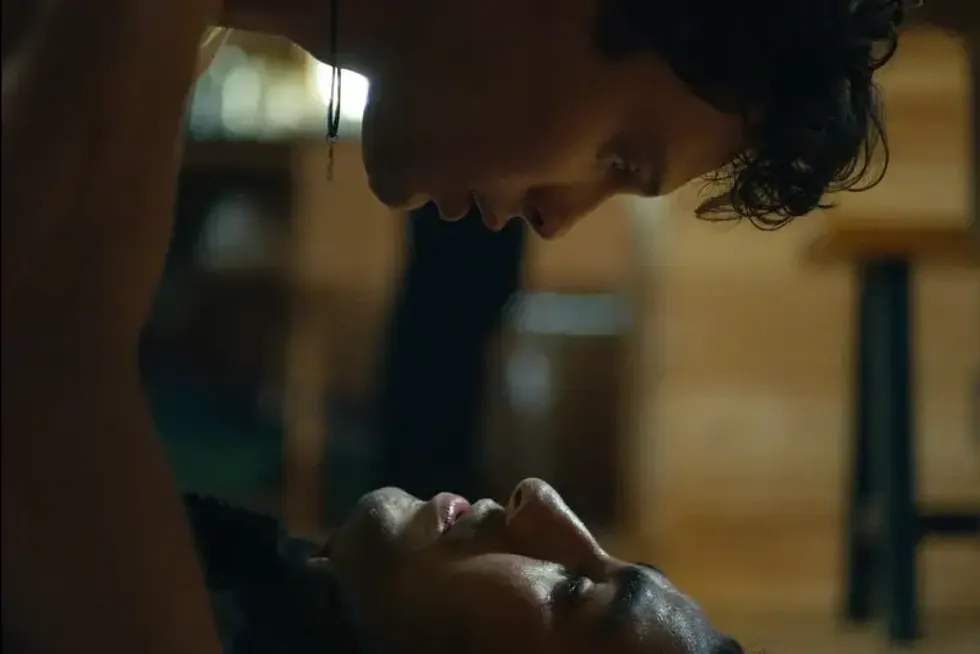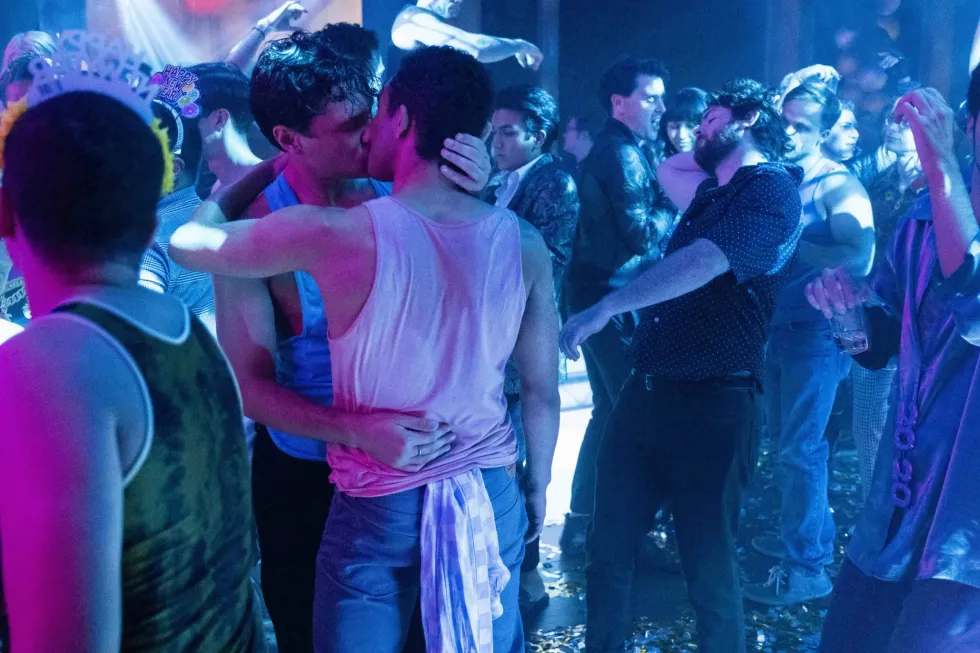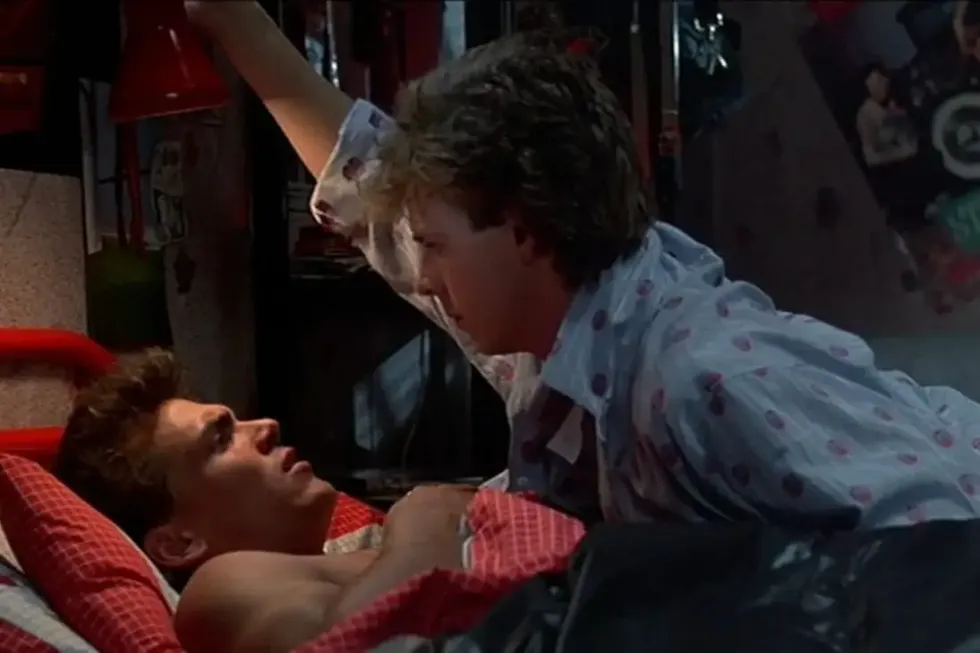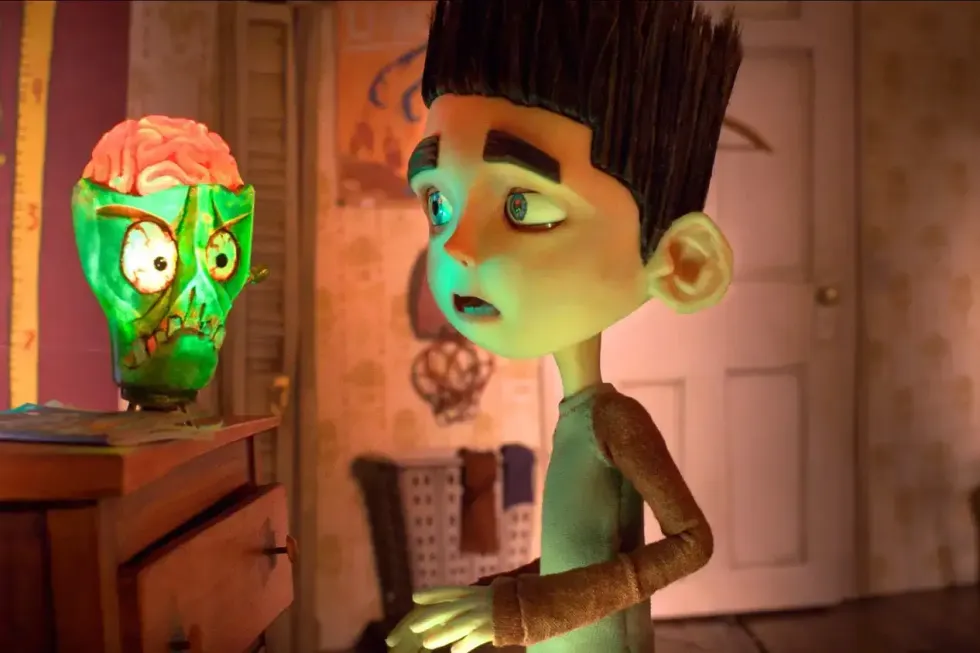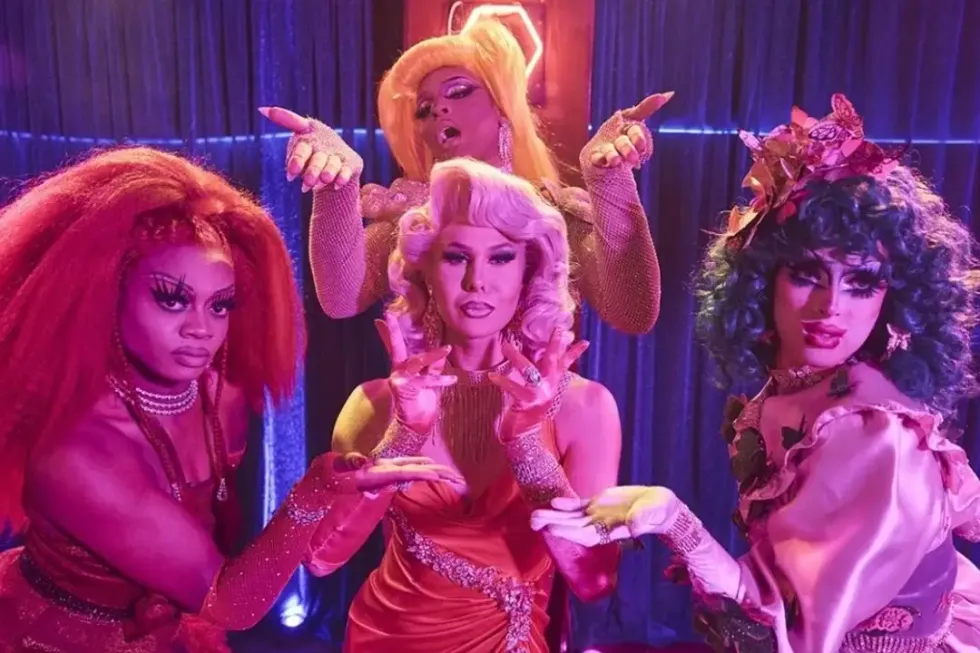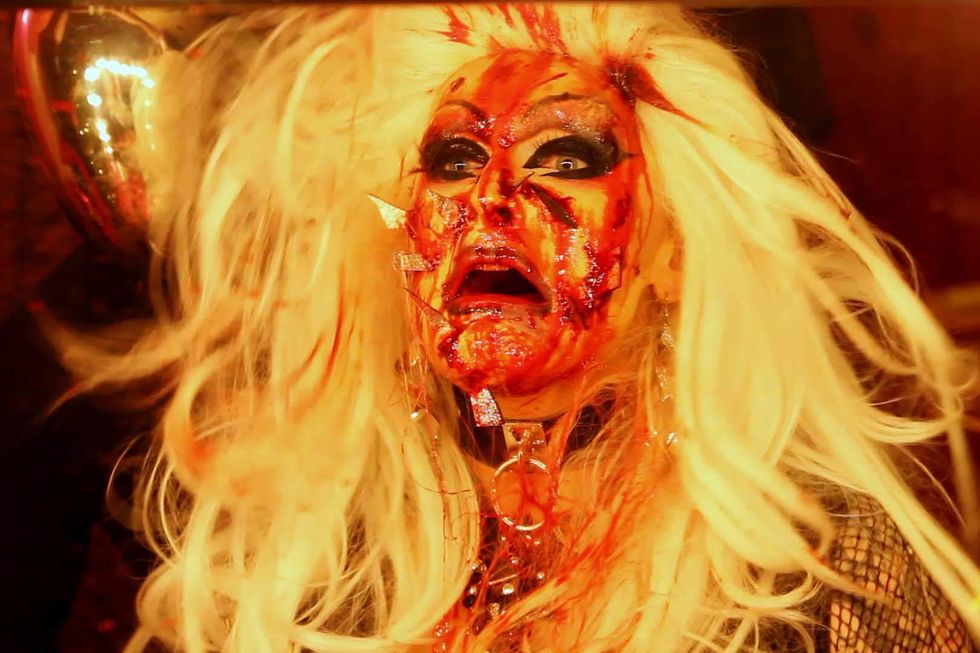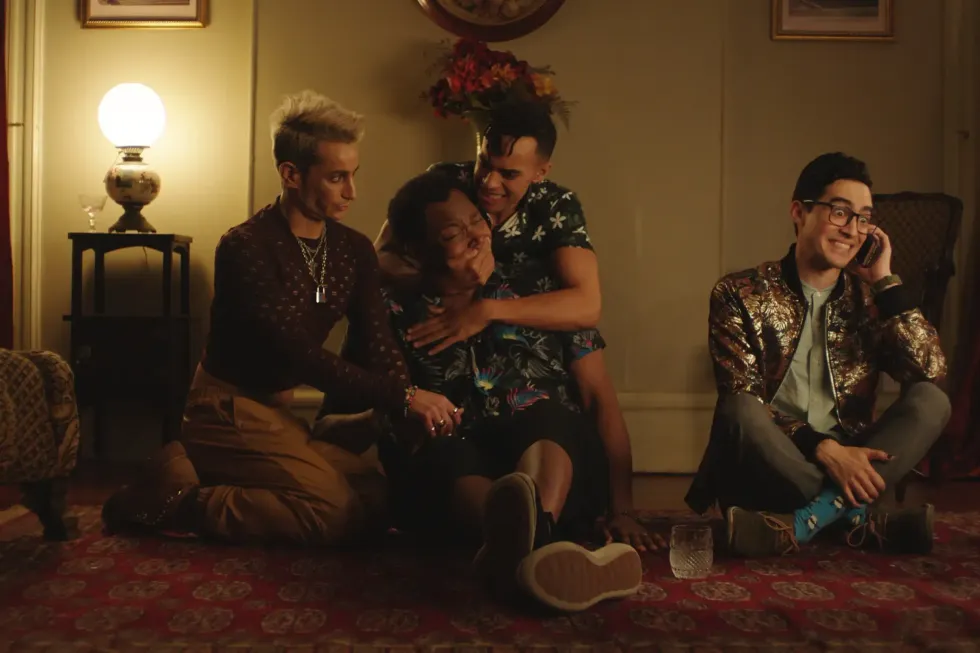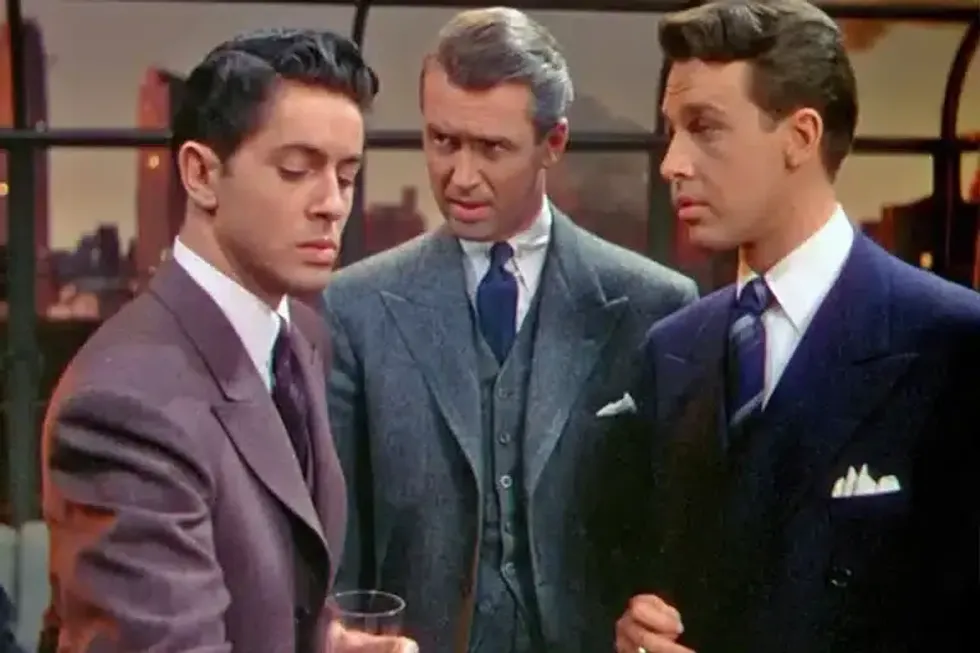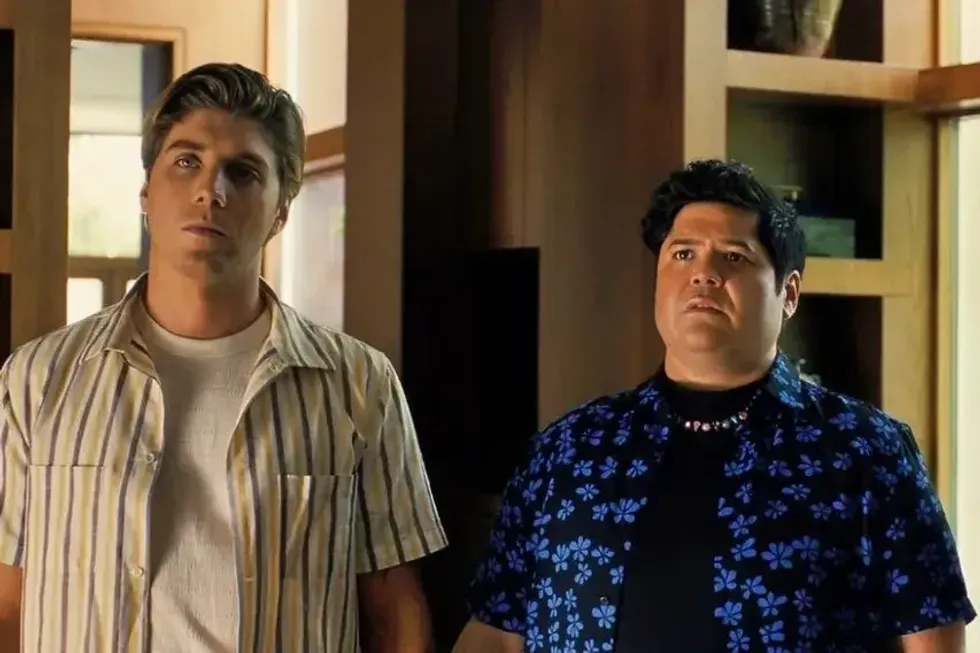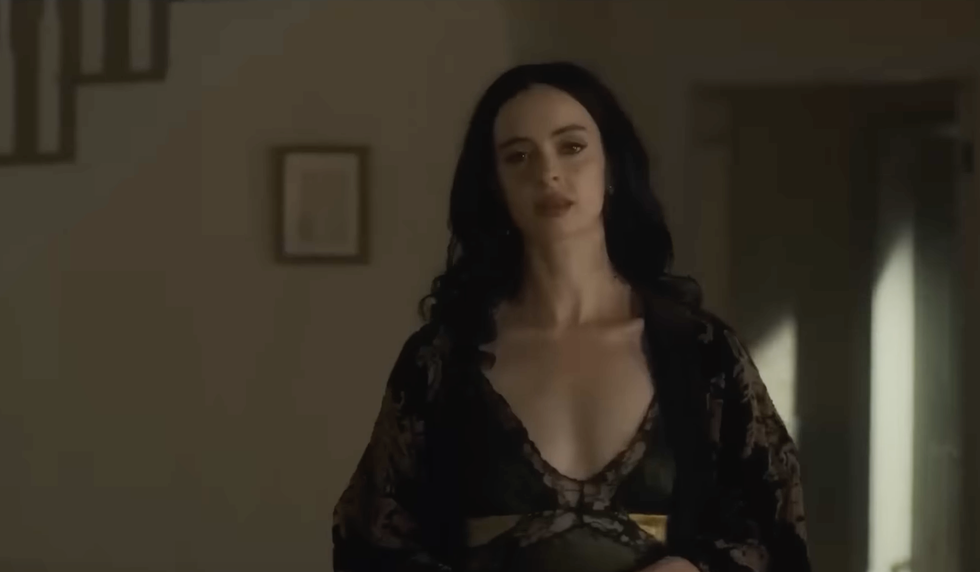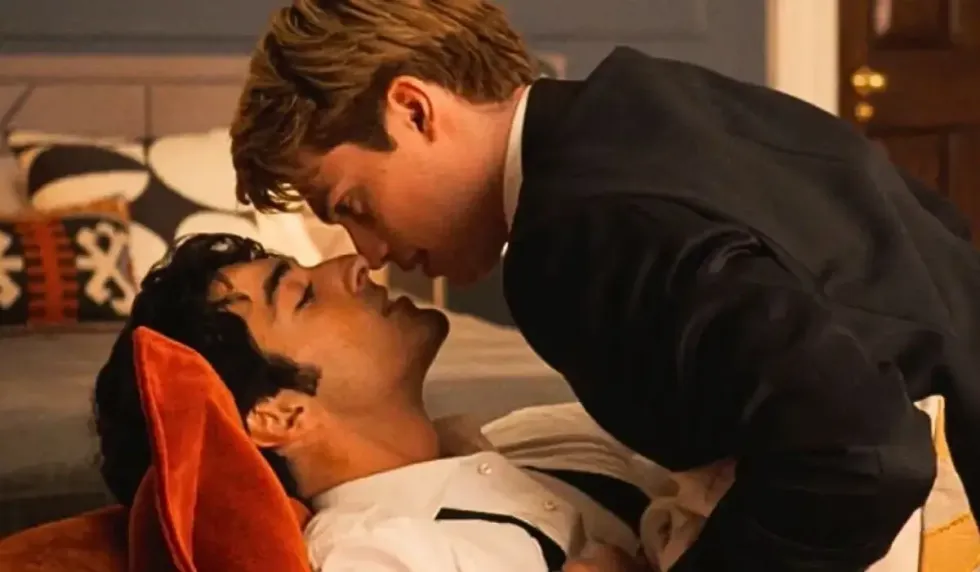It seems like everyone, everywhere, is talking about 2022's wildest movie.
Produced by A24, Everything Everywhere All At Once is a universe-jumping film about love, family, and the human condition. Michelle Yeoh stars as Evelyn, a middle-aged Chinese immigrant whose unhappiness with how her life has turned out has a ripple effect on those closest to her. Her apathy is shaken up one day at the tax office, when she's contacted by a parallel universe and learns that she's destined to save all of our realities. From there, the film quickly flies off the rails.
Stephanie Hsu plays Evelyn's daughter, Joy. This twenty-something brings her girlfriend home in hopes of coming out to her grandfather but Evelyn shuts it down out of fear. She's tolerant of Joy's sexuality but doesn't want to burden other people with it. Joy is clearly hurt by her mother's shame but swallows those emotions to do what's best for her family. We don't want to spoil too much, but it's later clear that this has had a much larger effect on her mental health than she admits.
Hsu talked to Out about her character and the significance of the representation. "This movie is so first of its kind that it somehow transcends identity politics, and yet it is so significant that it's a Chinese family and it's so significant that Joy is gay. When I read the script, a queer love story felt so obvious, an Asian family is so obvious, because that's also my life. I feel so relieved that it's a part of the texture of the film, but yet not like, 'Look at my hat.' You know? The movie isn't leading with that energy. It's just like, look, these are people who happen to be Chinese, who happen to be gay, and they're just trying to figure this freaking crazy chaotic life out. And I just feel so touched that it is reaching people, and despite its non-linear nature, despite its chaotic wild ride, everyone is surprised at how much they get it, and I'm like, 'Yeah, that's it, that's it.'"
The movie is impacting people around the world, eliciting a strong emotional reaction from almost all who see it. By the end, it becomes a focused reflection on the idea of nihilism. If we, as human beings, are just specks in the universe and none of our actions on this earth really matter, how do we make peace with that? But on the other side of that coin, if none of this matters, doesn't every single act of love – from our family or a lover or anyone else– become so much more important?







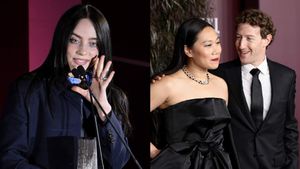






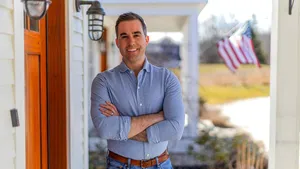






























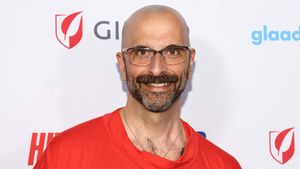





 Sapphic outlaw moviesNew Line Cinema; A24; Samuel Goldwyn Company
Sapphic outlaw moviesNew Line Cinema; A24; Samuel Goldwyn Company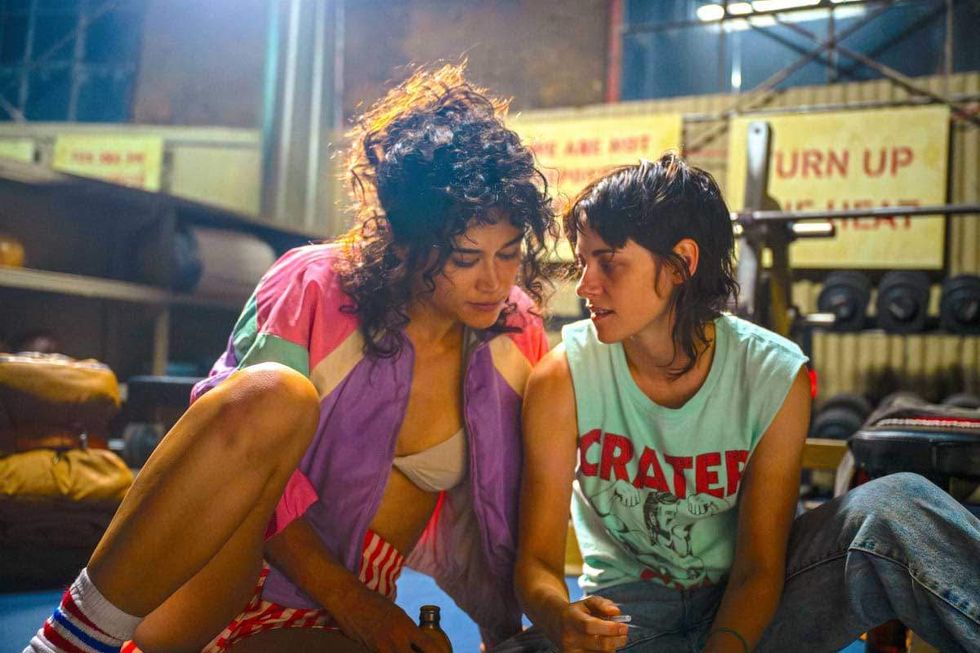
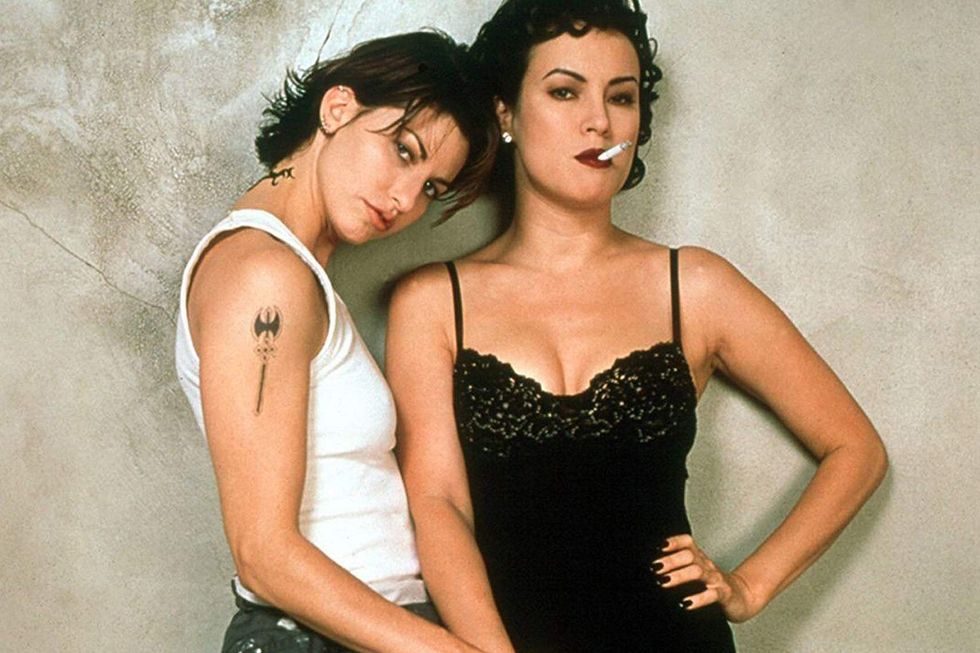
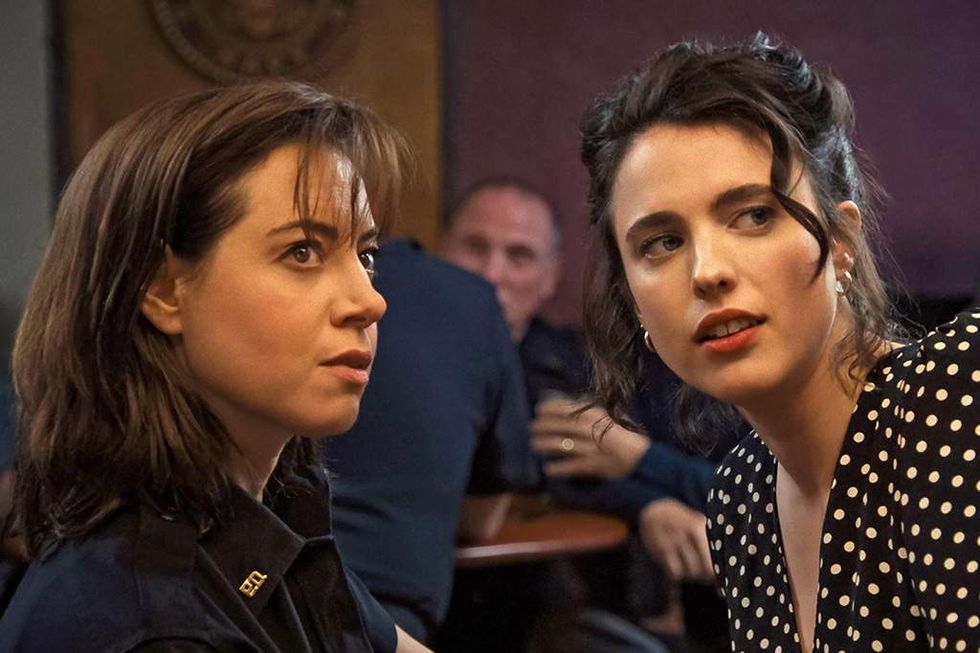
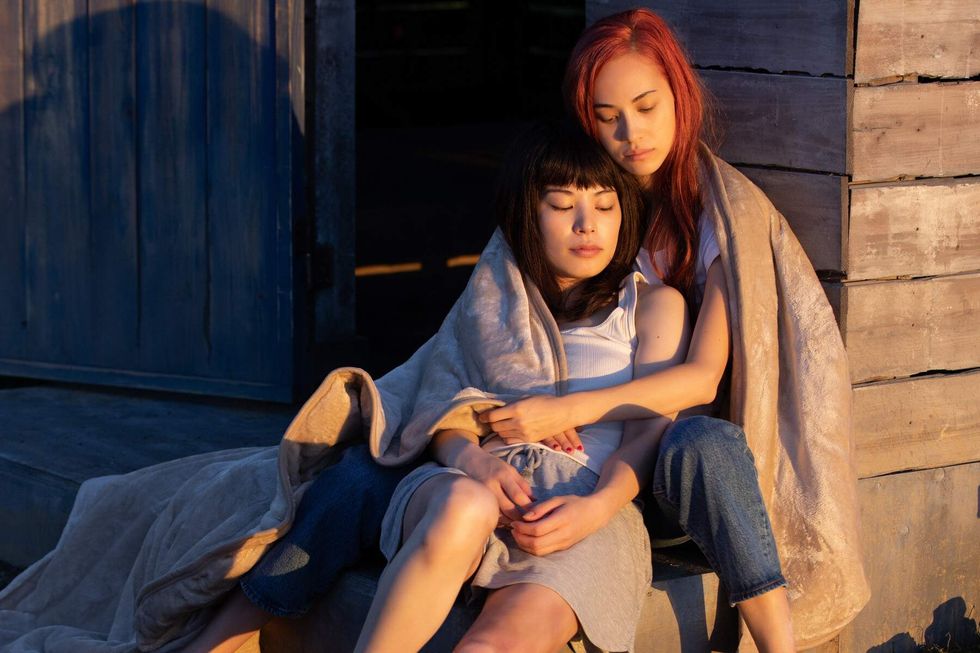
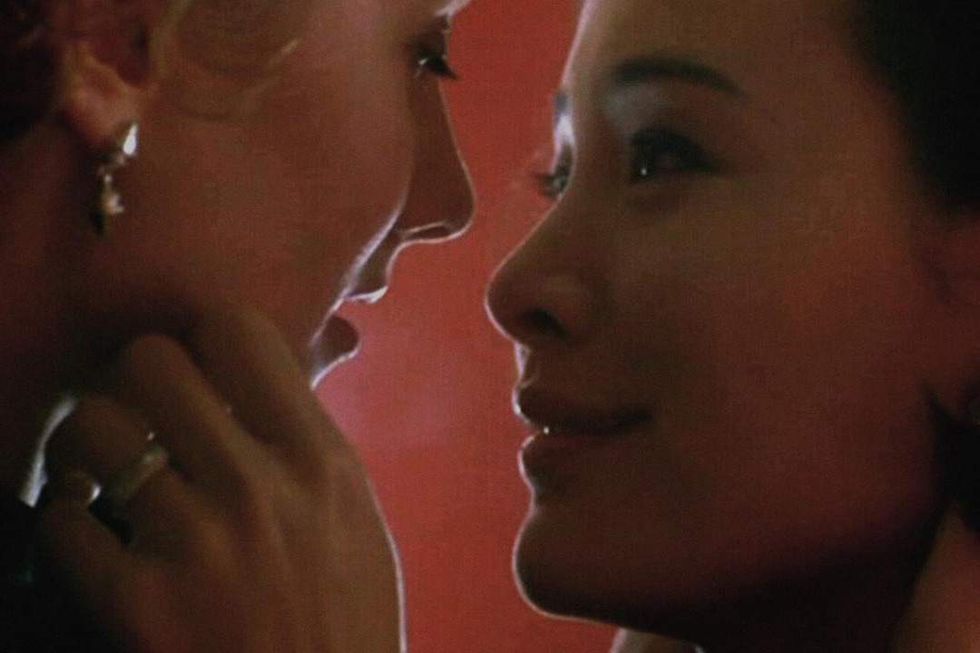
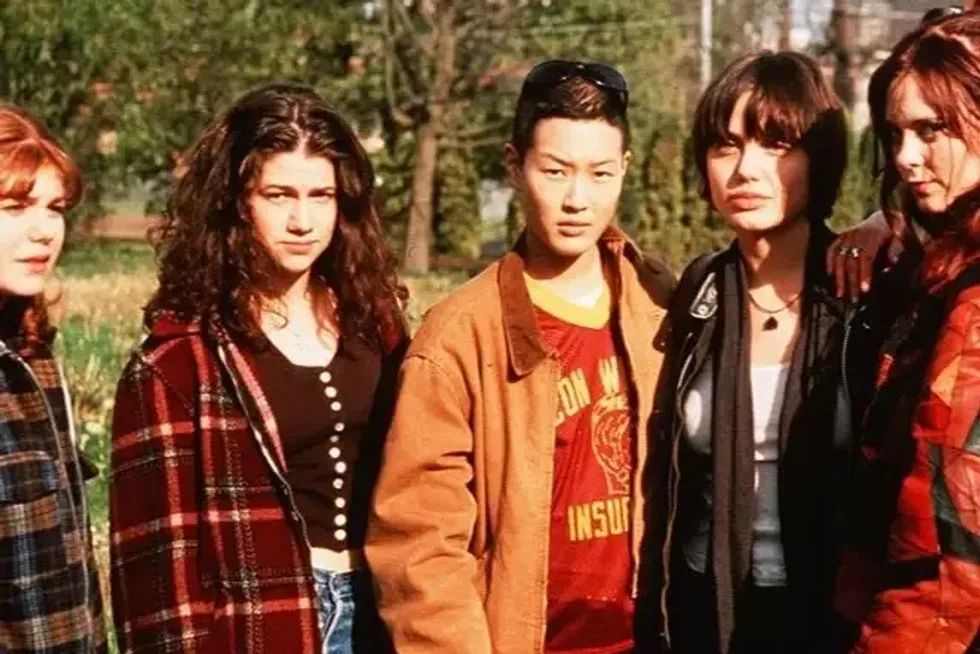
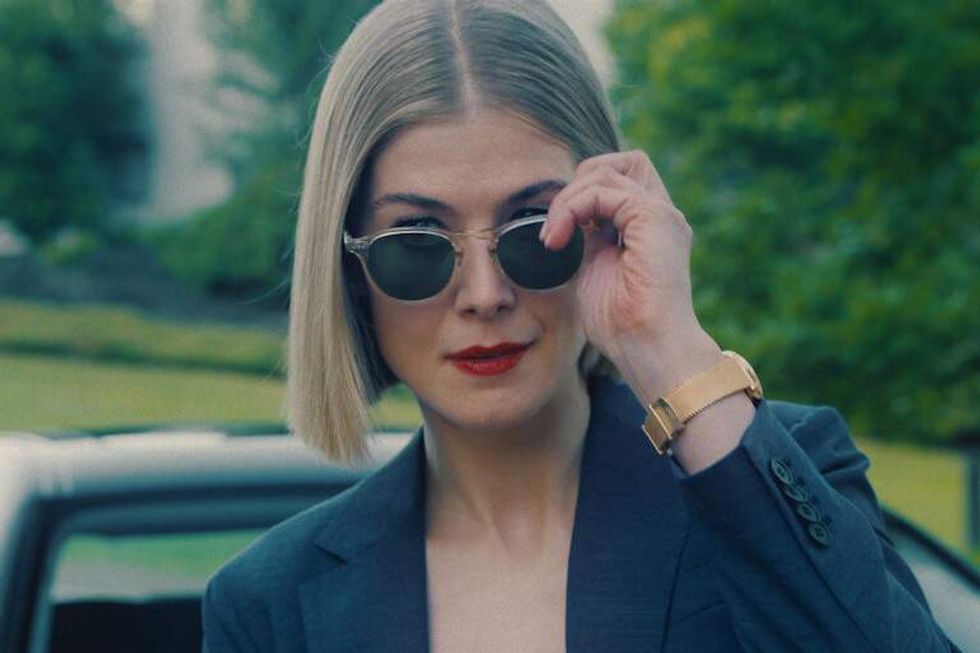
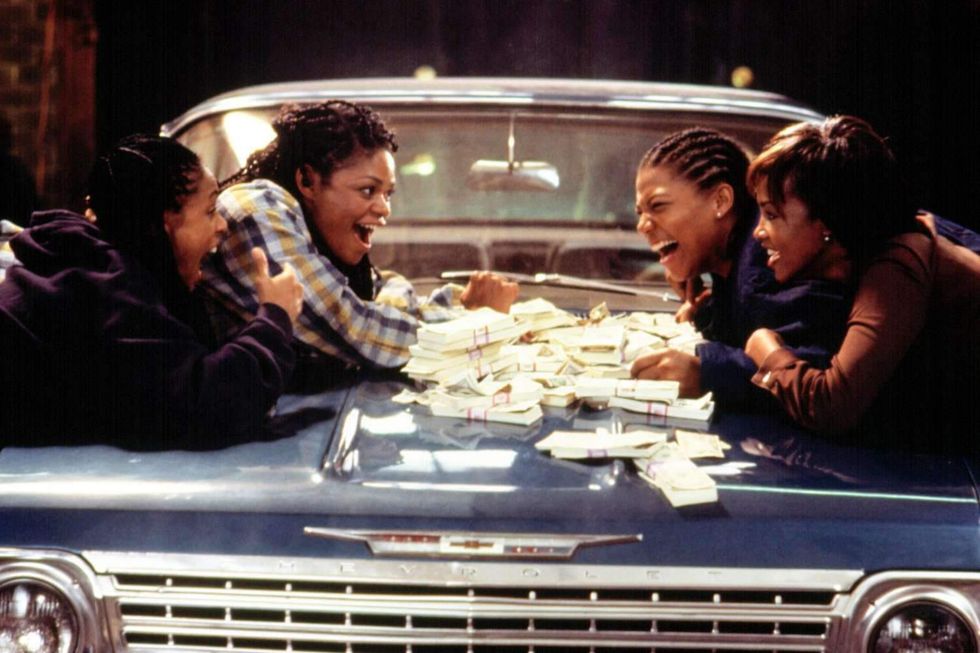
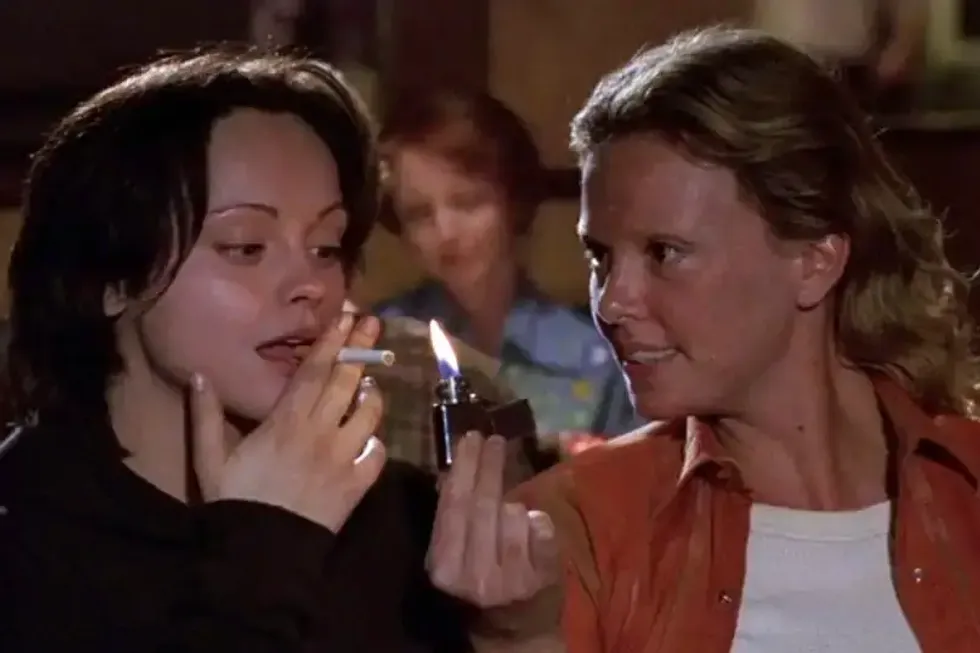
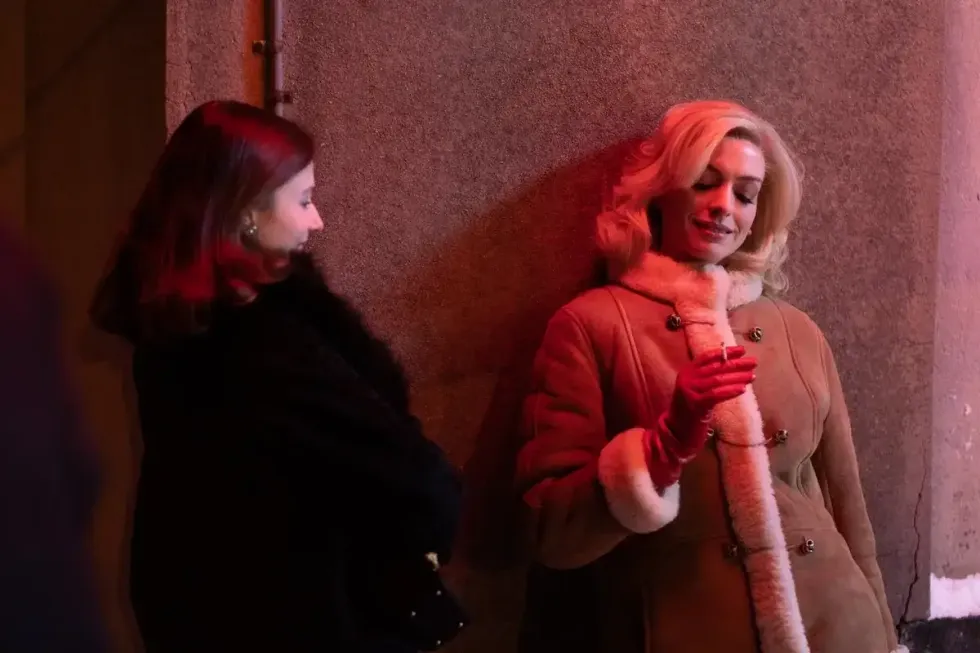
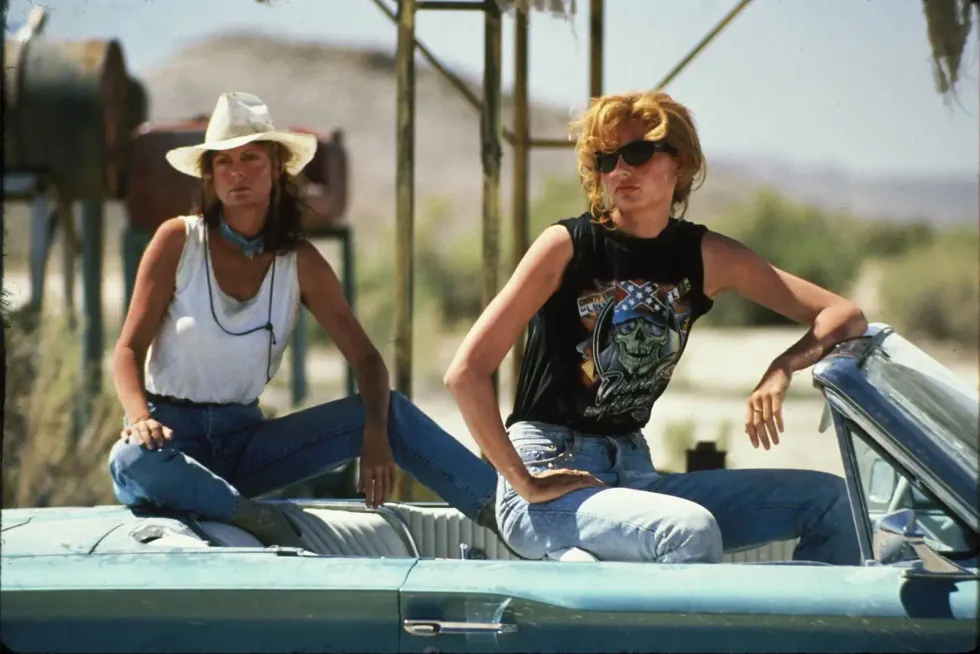
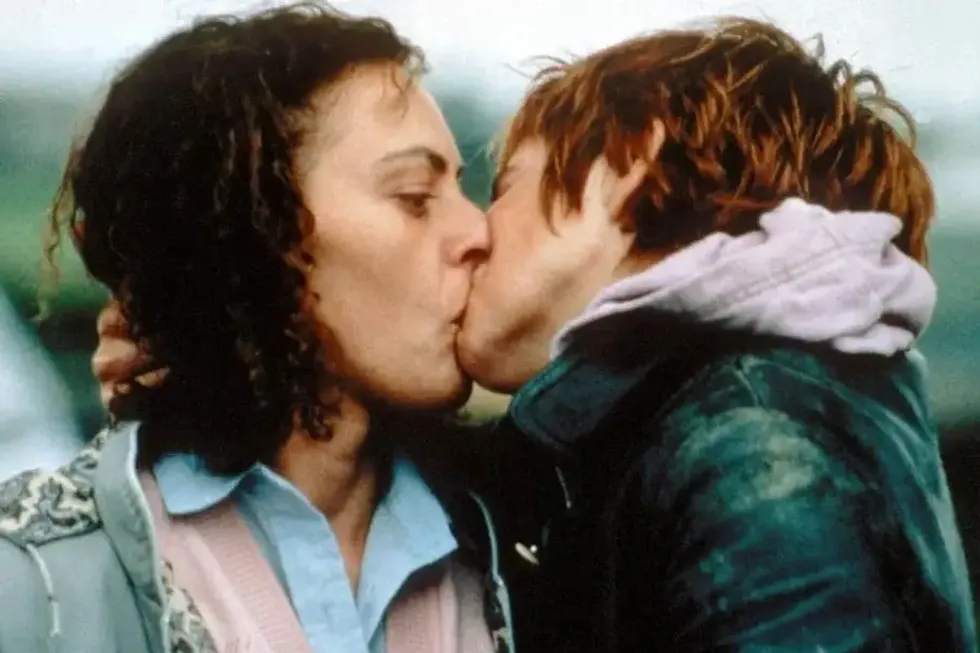








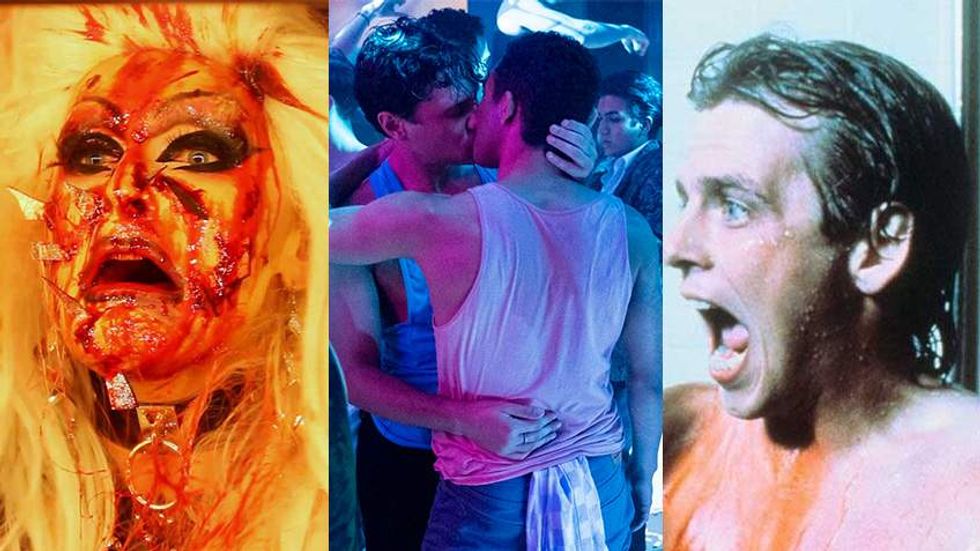 Gay horror films 'Death Drop Gorgeous,' 'Midnight Kiss,' and 'Nightmare on Elm Street 2.'Dark Star Pictures; Hulu; New Line Cinema
Gay horror films 'Death Drop Gorgeous,' 'Midnight Kiss,' and 'Nightmare on Elm Street 2.'Dark Star Pictures; Hulu; New Line Cinema